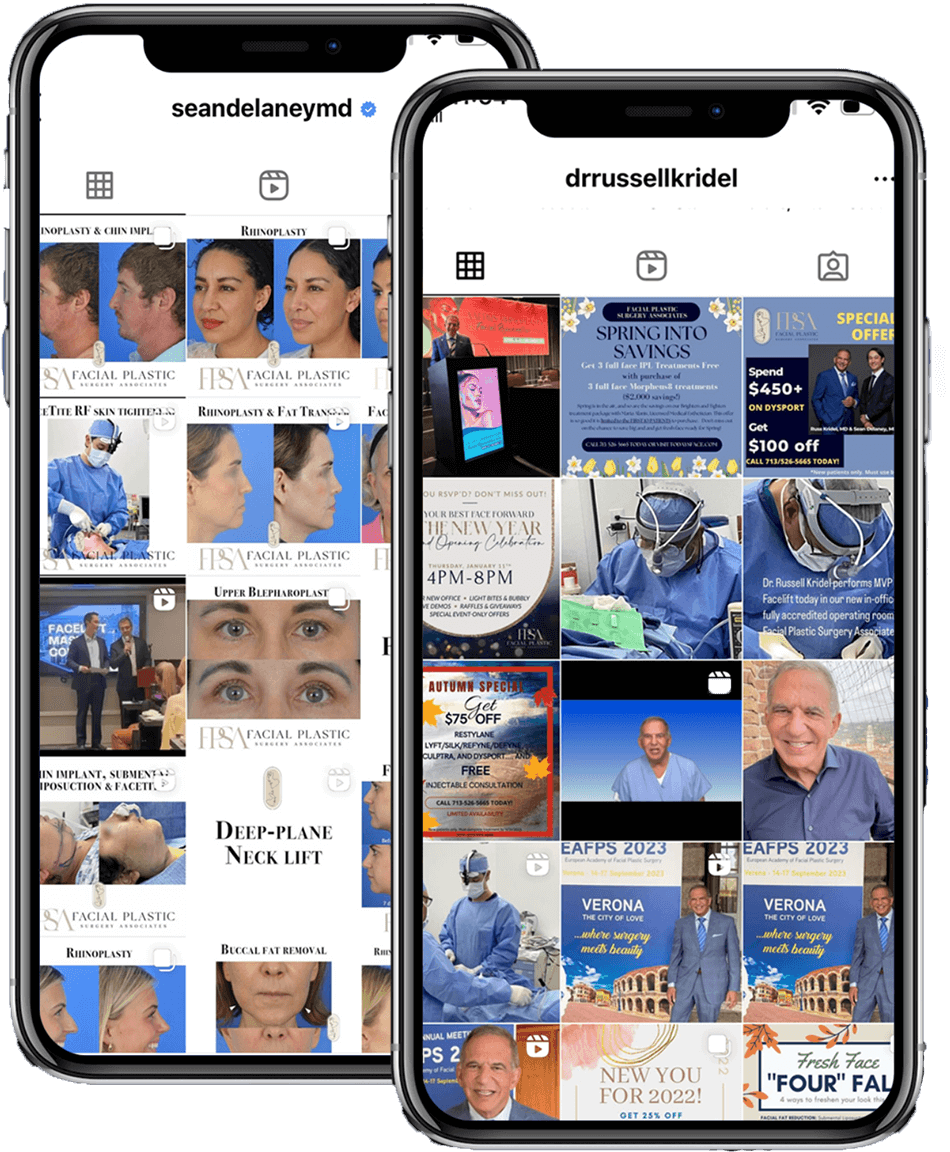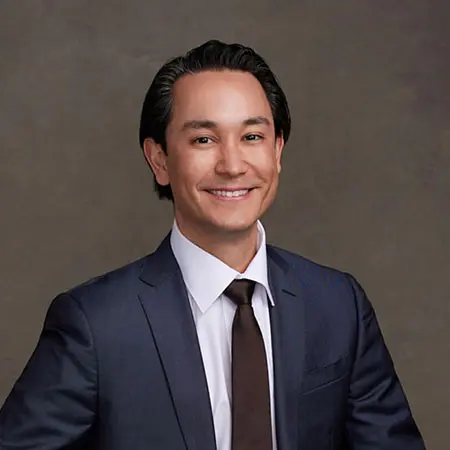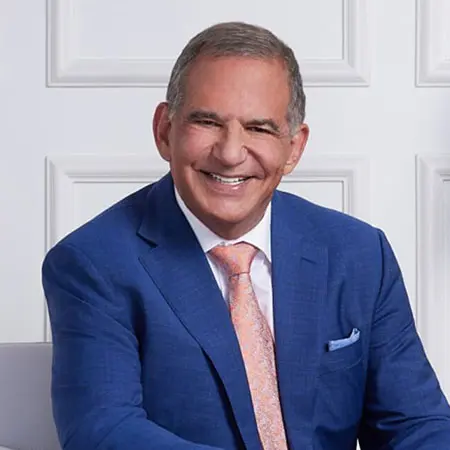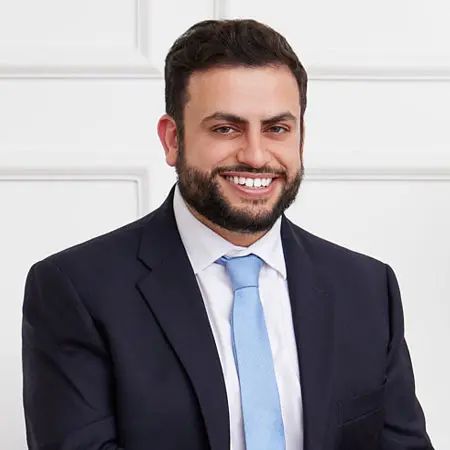October 17, 2013 | Rhinoplasty Surgeon
2 minute read
The following are 3 common questions patients ask Dr. Kridel and the Facial Plastic Surgery Associates staff about cosmetic nose surgery known as Rhinoplasty. Some people also refer to Rhinoplasty as a nose job.
Question: How old do you have to be to have nose surgery?
Anyone whose face is mature can have a Rhinoplasty. For young patients, their nasal structure must reach full growth, usually starting at about age 16. Sometimes we make exceptions when breathing is severely compromised or there is an injury.
Question: How much discomfort should I expect after Rhinoplasty surgery?
Patients of Dr. Russell Kridel rarely complain of much discomfort at all. Immediately following surgery, you can expect your nose to have a “stuffed-up” feeling, like a stopped-up nose. But, other than that, it’s the kind of surgery that usually surprises people by its simplicity. Dr. Kridel does not use painful internal splints or large amounts of pack. Any discomfort is minimized by pain medication that can be prescribed by the doctor.
Question: How long is the recovery process?
You will have an external splint on your nose following Rhinoplasty surgery for a few days. So, it is normally about a week before patients want to return to work or begin socializing again. By that time, the swelling has gone down and bruising, if there is any, can be covered by makeup. While you can go back to your normal day to day activities and even work out, Dr. Kridel does ask you to avoid contact sports for about six weeks after the surgery.
Question: Why is Dr. Kridel often called “The Nose Doctor”?
While Dr. Kridel’s practice, Facial Plastic Surgery Associates, is located in the prestigious Houston Texas Medical Center, Dr. Kridel is recognized nationally and internationally by his peers and patients as one of the leading surgeons for Rhinoplasty. He has written over 50 medical journal articles and textbook chapters on Rhinoplasty and Revision Rhinoplasty. He has pioneered multiple surgical techniques that are now taught in medical schools. He has also received the highest honors from the American Academy for Facial Plastic & Reconstructive Surgery, the Mark Rafaty Award and the William K. Wright Award, for surgical excellence. Dr. Kridel is also invited to teach other physicians at medical conferences all around the world.
— Kirin, Facial Plastic Surgery Associates, Houston




